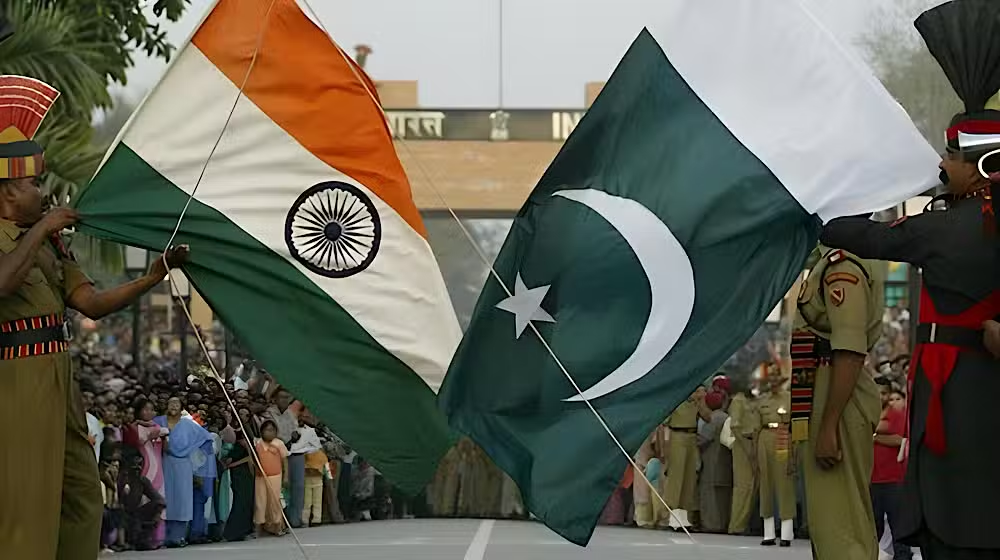An Indian Border Security Force (BSF) soldier, identified as Pranam Kumar Sha of the 182nd Battalion, has remained in the custody of Pakistan Rangers for more than 80 hours after inadvertently crossing into Pakistani territory near Ferozepur, Punjab.
Despite repeated Indian diplomatic efforts, including three flag meetings and official communications asserting that the soldier may have crossed unintentionally seeking shade amid extreme weather conditions, Pakistan has continued to detain him, citing the necessity for a thorough investigation.
Tense Diplomatic Engagements and Stalled Repatriation Efforts
The Indian side has formally presented requests during flag meetings held at the Zero Line, emphasizing that the crossover was accidental and devoid of any hostile intent.
His parents, speaking to local media outlets, have expressed deep concern over his well-being and requested the Indian government to exert maximum pressure to secure his release.
Recent incidents, including the Pahalgam attack in Jammu and Kashmir, have severely strained bilateral relations. India has accused Pakistan of orchestrating the attack without presenting concrete evidence, further deepening mistrust between the two nuclear-armed neighbors.
Adding to the complexity, Pakistan’s Air Force (PAF) is reportedly preparing for a tactical exercise, signaling a readiness posture that has further fueled concerns of potential escalations along the Line of Control (LoC) and international borders.
Historically, when such crossovers occur, the protocol between India and Pakistan has typically led to swift returns after preliminary investigations. Both nations have, in the past, shown mutual understanding in treating such incidents as non-hostile errors stemming from geographical challenges and human fatigue.
Pakistan’s insistence on conducting a full investigation and its reluctance to release the soldier immediately indicate a hardening position, likely influenced by broader geopolitical calculations.
Legal and Investigative Dimensions in Pakistan
Sources indicate that Pakistan is subjecting Pranam Kumar Sha to a comprehensive investigation, scrutinizing all aspects of his cross-border movement, including motives, affiliations, and activities while detained.
India is also leveraging international diplomatic channels to sensitize global stakeholders about the incident, framing it within the narrative of Pakistan’s non-cooperative behavior and hostile intentions at a time when de-escalation efforts should be paramount.
This incident has reignited discussions about the urgent need for enhanced Standard Operating Procedures (SOPs) along the Indo-Pak border.
Proposals include installing additional barriers, deploying AI-assisted monitoring systems, and establishing more frequent bilateral coordination meetings at the field command level.
Both countries have a vested interest in preventing minor incidents from spiraling into major confrontations. The detention of Pranam Kumar Sha stands as a stark reminder of the fragility of peace along one of the most volatile borders in the world.


